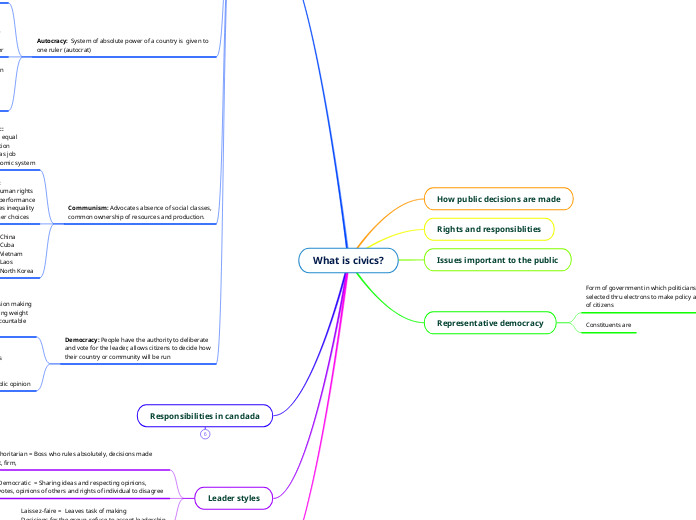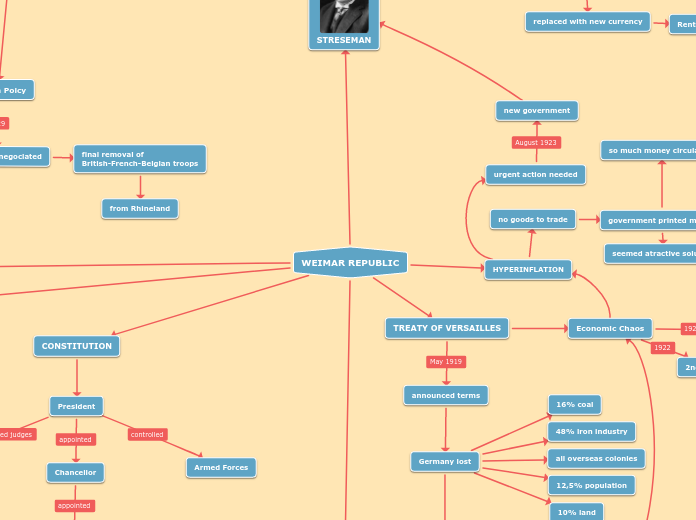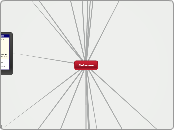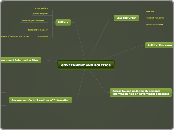par Premy Pirabaharan Il y a 1 année
143
What is civics?
Civics encompasses various forms of government and the ways leaders exercise power. Representative democracy is a government system where elected officials make decisions on behalf of citizens.









